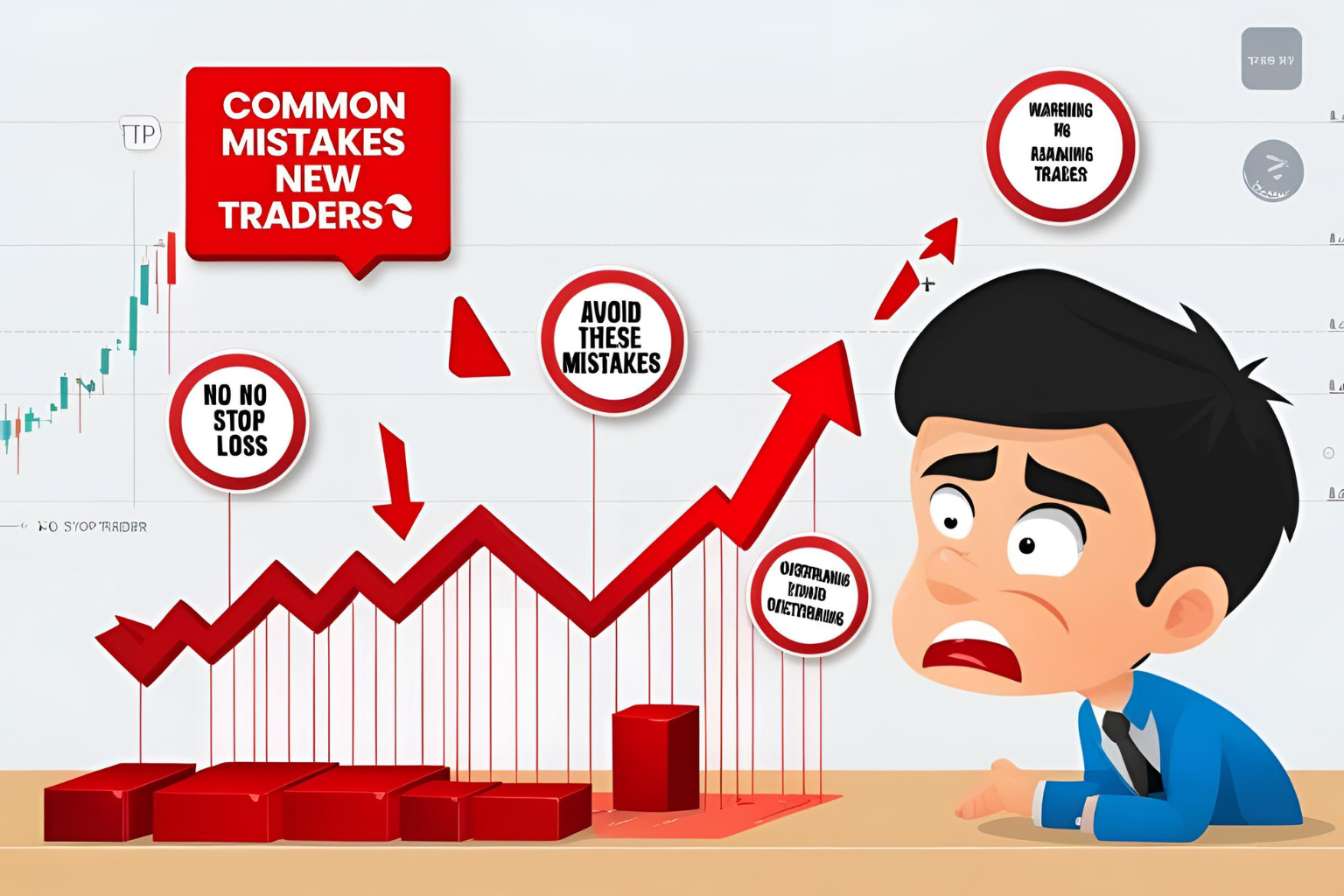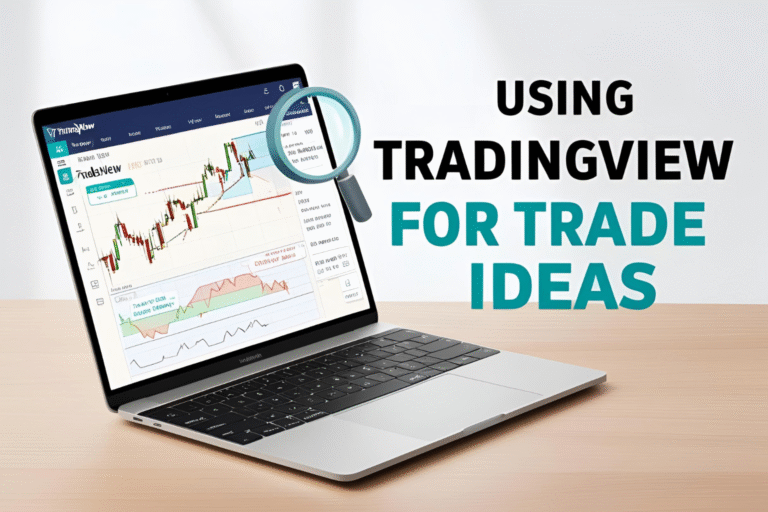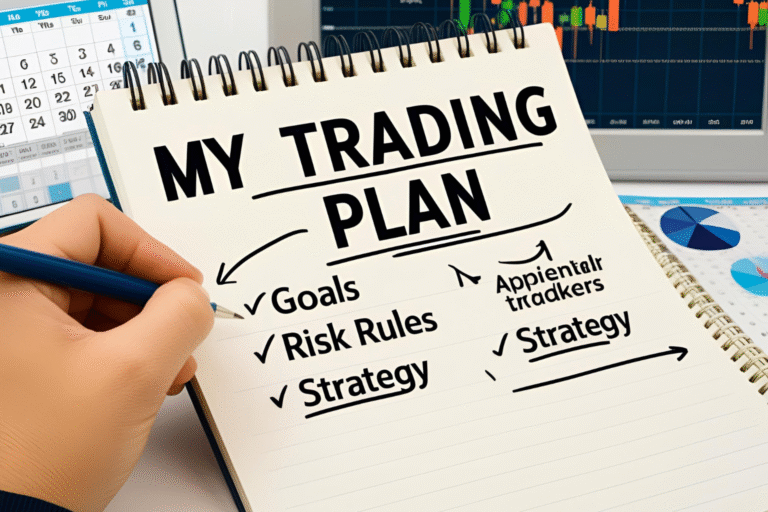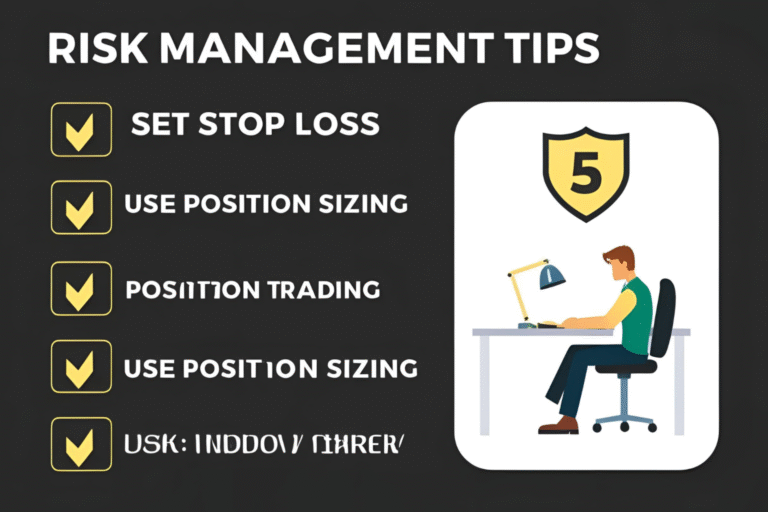Common Mistakes New Traders Make and How to Avoid Them
Every successful trader started as a beginner—and likely made a few mistakes along the way. The key to long-term growth in trading is learning from those mistakes early. In this guide, we highlight the most common errors new traders make and how you can avoid them to protect your capital and improve your results across stocks, crypto, forex, and futures.
1. Risking Too Much on One Trade
Many beginners put a large chunk of their capital into a single trade, hoping for a big win. This often leads to large losses and emotional decision-making.
How to avoid it:
Risk no more than 1–2% of your total account per trade. Use a position sizing calculator to determine trade size based on your stop-loss.
2. Trading Without a Plan
Jumping into trades without clear rules for entry, exit, and risk is a recipe for inconsistency.
How to avoid it:
Create a simple trading plan. Include:
- What to trade (e.g., trending stocks or major forex pairs)
- Entry/exit rules
- Stop-loss and risk limits
- Your daily or weekly goals
3. Ignoring Stop-Losses
Not using stop-loss orders exposes you to unlimited downside if the trade goes wrong. It only takes one bad trade to wipe out weeks of gains.
How to avoid it:
Always use a stop-loss, even in demo trading. It builds discipline and protects your capital.
4. Overtrading
New traders often feel they must be in the market at all times. This leads to forced trades, emotional decisions, and burnout.
How to avoid it:
Stick to high-quality setups. Limit the number of trades per day and take breaks when the market is slow.
5. Chasing the Market
Buying after a big price move or reacting to fear of missing out (FOMO) often results in buying at the top.
How to avoid it:
Wait for pullbacks or consolidation. Use support/resistance and indicators like RSI to confirm good entry points.
FAQs
What’s the biggest mistake new traders make?
Overtrading and risking too much are the most common. They lead to quick losses and emotional decision-making.
How do I stop trading emotionally?
Use a plan, follow fixed rules, and take regular breaks. Trading is a skill—not a gambling activity.
Should I copy trades from social media or forums?
Not without understanding the setup and risks. Blindly copying trades often leads to poor results.
Is it okay to trade every day?
Only if your strategy supports it. Quality trades matter more than quantity.
Do professionals still make mistakes?
Yes, but they manage risk and emotions better. The goal is not perfection, but consistency.




